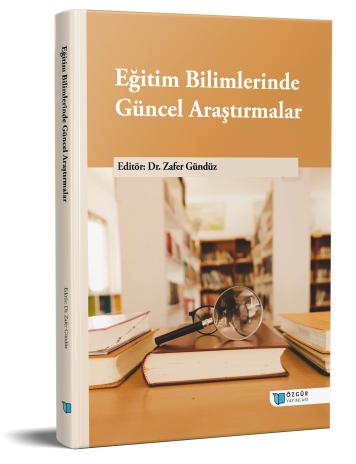
Using ChatGPT as a Learning Tool and A Study on University Students
Chapter from the book:
Gündüz,
Z.
(ed.)
2024.
Current Studies in Educational Sciences.
Synopsis
Advancements in artificial intelligence (AI), particularly the development of large language models like ChatGPT, provide opportunities to offer personalized learning experiences to students in educational processes. The usability and effectiveness of emerging approaches are shaping research in this field. This study presents an experimental approach involving 47 university students using ChatGPT as a learning tool and examines the descriptive statistics of students' attitudes towards such tools. In the experimental design, the environment for the experiment, along with the test used to measure the success of the control and experimental groups was compiled by the researchers. A pre-test was administered to both the experimental group using ChatGPT and the control group not using it, followed by a post-test after a learning session limited to half an hour to complete the experiment. Subsequently, the same students were given an attitude survey consisting of 24 questions in a 5-point Likert scale format with 8 sub-dimensions. A t-test was conducted to determine differences between the two groups, revealing no significant difference in the post-tests between the groups. Although the possibility of incorrect answers from such tools and students not being able to detect them can lead to the absence of a significant difference. Using expanded experimental designs, prolonging the learning process, and conducting more measurements could yield different results. On the other hand, descriptive statistics from the attitude survey indicate that students expect benefits from using AI tools like ChatGPT and believe that such tools are easily usable. Based on these findings, educational institutions and researchers should engage in discussions and further studies regarding the integration of AI tools into learning processes.

